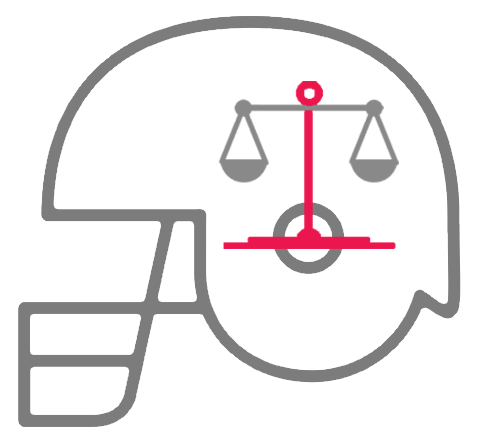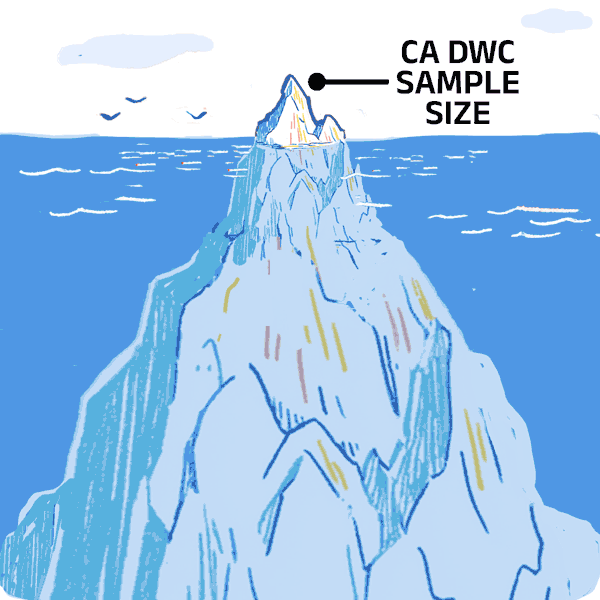Football, Workers’ Comp, Traumatic Brain Injuries, and Utilization Review: WCAB Emphasizes UR Regulations

A recent court case highlights two connected battles unfolding in front of vastly different audiences. The high-profile battle takes place in headlines, on ESPN, and in the movie Concussion, starring Will Smith: the ongoing and tragic story of football, traumatic brain injuries, and the NFL’s responsibility to players. The much less publicized battle–but the one that will affect many more injured people–captures the attention of only workers’ comp professionals and relates to the workers’ comp claims filed by ex-football players.
George Visger played for the San Francisco 49ers and now suffers from severe brain injury. Like many other ex-football players, Visger has few assets and hit-or-miss post-NFL benefits, so he relies on California’s workers’ compensation system to cover his medical treatment. During the course of Visger’s lengthy and continuing treatment, Visger’s physician submitted a Request for Authorization (RFA) for a particular treatment, which the the claims administrator’s Utilization Review (UR) denied.
This is where the high- and low-profile fights come together. The claims administrator’s UR, by many accounts, behaved disgracefully. For those who are not aware, UR (along with Independent Medical Review (IMR), which is the UR appeals process) is one of the most controversial topics in work comp today. Doctors, patients, and patients’ lawyers cry foul and collusion in UR and IMR denials. On the other side, employers, insurers, and claims administrators assert that:
- IMR upholds the overwhelming majority of UR decisions and that
- A tiny, and impliedly shady, percentage of doctors are connected to a huge percentage of IMRs.
To get back to Visger, the latest word is that Visger will get his treatment. The interesting part, for the workers’ comp community, is the reason he will get his treatment.
The Workers’ Compensation Appeals Board (WCAB) once again emphasized the importance of closely following UR regulations. In its denial of Travelers’ appeal of the lower court’s decision, the WCAB held that Visger was entitled to treatment because the claims administrator failed to timely communicate the UR decision in writing to all the required parties. Specifically, after communicating the UR denial to the requesting provider by telephone, Travelers was required to communicate the UR denial in writing to Visger, Visger’s attorney, and the provider, within 24 hours of the decision.
Per CCR Regulation 9792.9.1, the many components of a valid UR decision include:
- Timeliness of both the decision and the communication of the decision,
- Two methods of communication (phone and written) of the decision, and
- The required recipients of communication of the decision.
Summing up this WCAB determination and others, for a UR decision to be considered valid, it must meet all of the requirements below:
- Timely determination of a decision - Dubon v. World Restoration (10/6/2014)
- Timely communication of the decision - Bodam v. San Bernardino County (11/20/2014)
- Proof of correct method of communication of the decision - Shanley v. Henry Mayo Newhall Memorial Hospital (2014)
- All required parties notified of the decision in a timely and correct method - Visger v. San Francisco 49ers Travelers’ appeal to the California Court of Appeal, 2nd District (case B268862) (writ denied 2/4/2016)
The larger issue is the fairness of the UR process but, as they say, the devil is in the details. In the case of WCAB UR decisions, the details are in the timeliness and communication of the UR decision.
For more information on this and other UR developments:
- Gregory Ginsberg’s blog, where we first read about the writ denied in the Visger case
- David DePaolo’s blog, with a perspective that is more focused on the injured worker
- DIR Newsline 2016-19, which puts claims administrators on notice that the Division of Workers' Compensation intends to pay greater attention to UR compliance
For more on the importance of correct and timely RFAs, watch daisyBill’s free RFA webinar:
WATCH WEBINAR
DaisyBill provides content as an insightful service to its readers and clients. It does not offer legal advice and cannot guarantee the accuracy or suitability of its content for a particular purpose.


